Washington, DC (July 29, 2010) – The X PRIZE Foundation (www.xprize.org), best known for launching the private spaceflight industry through the $10 million Ansari X PRIZE, and the ultra-fuel efficient vehicle market through the $10 million Progressive Insurance Automotive X PRIZE, today announced the launch of its sixth major incentive competition, the $1.4 Million Wendy Schmidt Oil Cleanup X CHALLENGE. www.iprizecleanoceans.org.
At a press conference in Washington, DC, the announcement was made by X PRIZE Chairman Peter H. Diamandis together with Wendy Schmidt, who personally funded the $1.4 million prize purse. Wendy Schmidt is president of The Schmidt Family Foundation, Founder of the Foundation’s 11th Hour Project and Climate Central, as well as Co-founder, with her husband Eric, of the Schmidt Marine Science Research Institute. Other speakers included Philippe Cousteau, son of Jan and Philippe Cousteau Sr., and grandson of Captain Jacques- Yves Cousteau and co-founder and CEO of EarthEcho International; and Dr. Dave Gallo, Ph.D., Director of Special Projects at the Woods Hole Oceanographic Institute.
The goal of the Wendy Schmidt Oil Cleanup X CHALLENGE is to inspire entrepreneurs, engineers, and scientists worldwide to develop innovative, rapidly deployable, and highly efficient methods of capturing crude oil from the ocean surface. In making the announcement, the X PRIZE Foundation hopes to attract philanthropic and venture capital to support development of this important capability and provide a global platform where new technologies can be competed head-to-head, and the best approaches demonstrated, to prepare for future catastrophes.
“The devastating impact of the Deepwater Horizon Oil Spill will last for years and it is inevitable that future spills will occur – both from wells and from transport tankers,” stated Dr. Diamandis. “To be prepared to safeguard oceans and shores, the X PRIZE Foundation is announcing the Wendy Schmidt Oil Cleanup X CHALLENGE to find the most effective and environmentally-safe solutions for capturing oil from all spills at the spill site, thus limiting their impacts and protecting our oceans, shores, marshes, and, importantly, the health and well-being of the people and wildlife which live and thrive in these communities.”
“With more then ten thousands of ocean oil platforms across the globe, and million of barrels of oil being transported every day by tankers, it’s not a question of ‘if’ there will be another oil spill, but ‘when,'” stated Wendy Schmidt. “We need to come up with better solutions to capture oil on the surface, to minimize the harm these spills are causing to marine life, coastal wetlands, and beaches, and to our livelihoods – a harm that can last for generations. This is why I am personally funding this X CHALLENGE: to inspire innovators around the world – and all those who want to help address what has happened in the Gulf – to focus on solutions to an ongoing, systemic problem.”
Competition Rules
The Wendy Schmidt Oil Cleanup X CHALLENGE has two phases:
Phase I. From August 2010 – April 2011, teams from around the world are invited to register for this competition, and to submit their approach to clean up oil slicks created by spills or leaks from ships or tankers (e.g. Exxon Valdez) land drainage, waste disposal, or oil platform spill (e.g. Deepwater Horizon). An expert panel of judges from industry and academia will evaluate all of the proposals along the following criteria:
– Technical approach and commercialization plan
– No negative environmental impact
– Scalability of and ability to deploy technology; cost and human labor of implementation
– Improvement of technology over today’s baseline booms and skimmers
Phase II. The judges will select up to 10 of the top teams to demonstrate their ability to efficiently and rapidly clean up oil on the ocean surface in a head-to-head competition. These proofs of capability, which will determine the winner, will take place at the National Oil Spill Response Research & Renewable Energy Test Facility (OHSMETT) in New Jersey. The top team that demonstrates the ability to recover oil on the sea-water surface at the highest oil recovery rate (ORR) and recovery efficiency (RE) will win the $1 million Grand Purse. Second place will win $300,000 and third place will win $100,000 in purses.
Competition Benefactor
Wendy Schmidt is President of The Schmidt Family Foundation which strives to advance the development of clean energy and support the wiser use of natural resources. She is founder of the foundation’s 11th Hour Project and of Climate Central. Her other work, at ReMain Nantucket, focuses on generating a model for smart community downtown development on the island. With her husband, Eric Schmidt, Wendy created the Schmidt Marine Science Research Institute in 2009 to provide future opportunities aboard research vessels for urgent ocean studies. Wendy earned an M.A. in Journalism from The University of California at Berkeley, and a B.A. magna cum laude from Smith College. She serves on the boards of the Natural Resources Defense Council, The California Academy of Sciences, GRIST, and The Nantucket Dreamland Foundation.
Supporting Organizations
Alliance for Climate Protection, Global Green, Monterey Bay Research Institute, Natural Resources Defense Coucil, Oceana, Ocean Conservancy, Scripps Institution of Oceanography, Vancouver Aquarium Marine Science Centre, and Woods Hole Oceanographic Institution.
About the X PRIZE Foundation
The X PRIZE Foundation is an educational nonprofit prize institute whose mission is to create radical breakthroughs for the benefit of humanity. In 2004, the Foundation captured world headlines when Burt Rutan, backed by Microsoft Cofounder Paul Allen, built and flew the world’s first private vehicle to space to win the $10 million Ansari X PRIZE. The Foundation has since launched the $10 million Archon X PRIZE for Genomics, the $30 million Google Lunar X PRIZE, and the $10 million Progressive Insurance Automotive X PRIZE. The Foundation is creating and conducting competitions in four prize groups: Exploration (Space and Oceans), Life Sciences, Energy and Environment, Education and Global Development. The Foundation is widely recognized as the leader in fostering innovation through competition. Note to Media: Photos, film, and transcripts from the National Press Club announcement can be found by visiting http://mobprod.cachefly.net/XPrize and www.iprizecleanoceans.org after 4:00 PM (ET) on July 29. Please contact the press office for additional questions and needs.
CONTACT: Ian Murphy: 310.689.6397 (murphyian@gmail.com)
Press Office: 310.741.4883(prcontact@xprize.org)
www.iprizecleanoceans.org

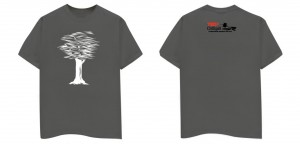
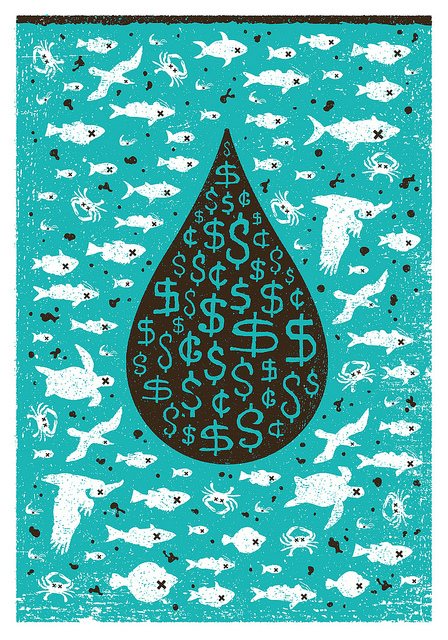
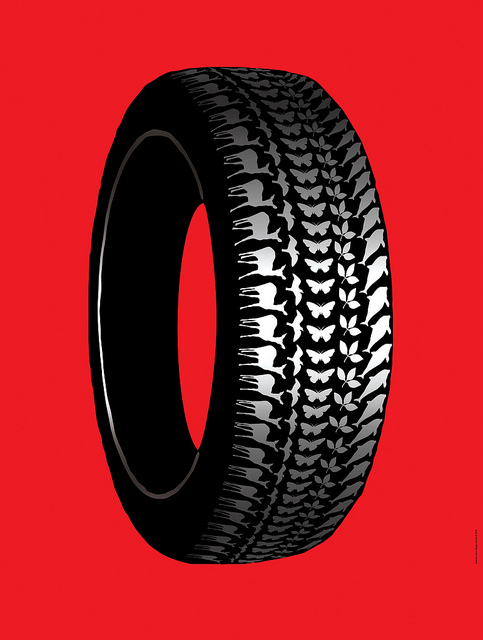
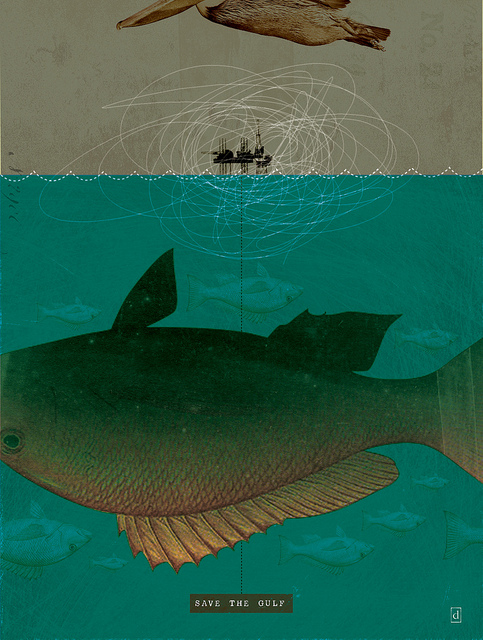
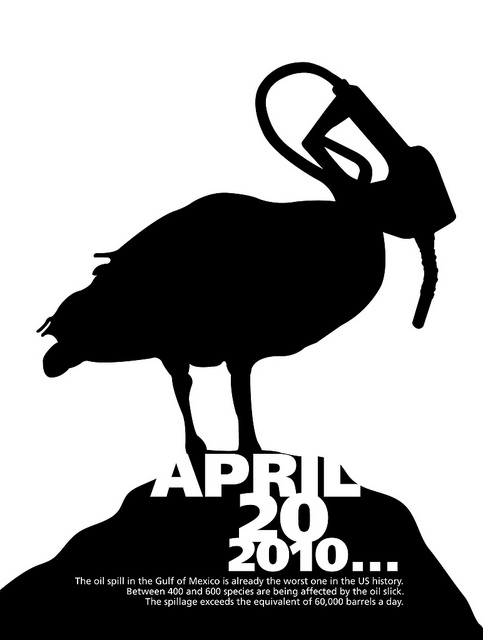
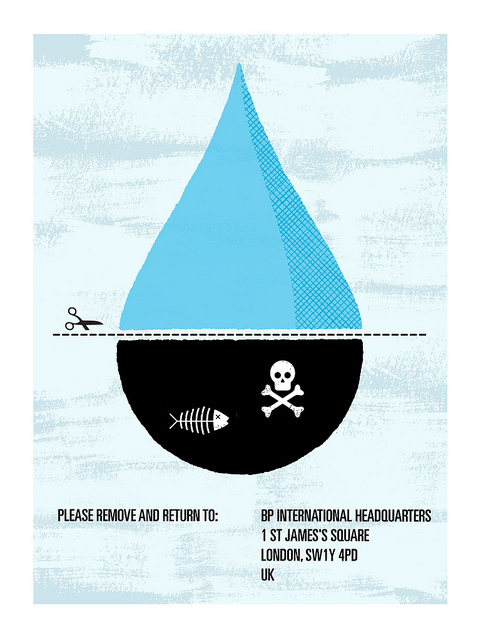
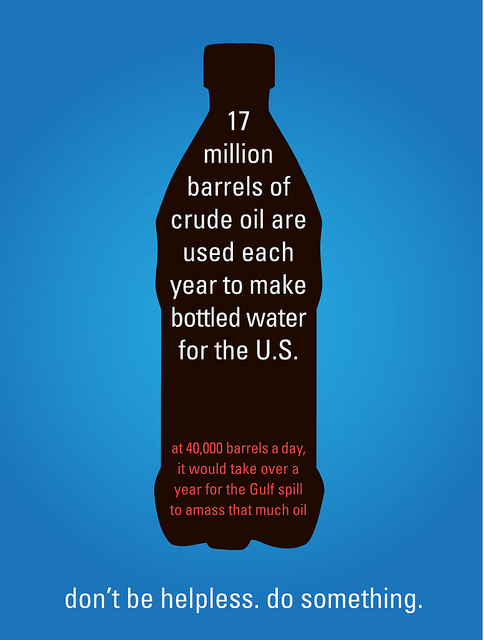
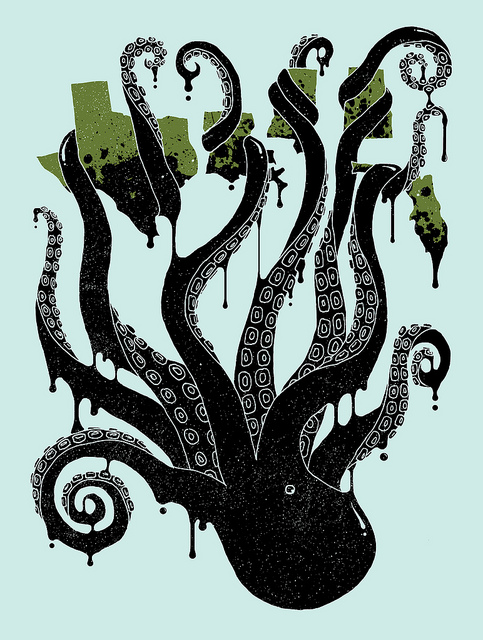
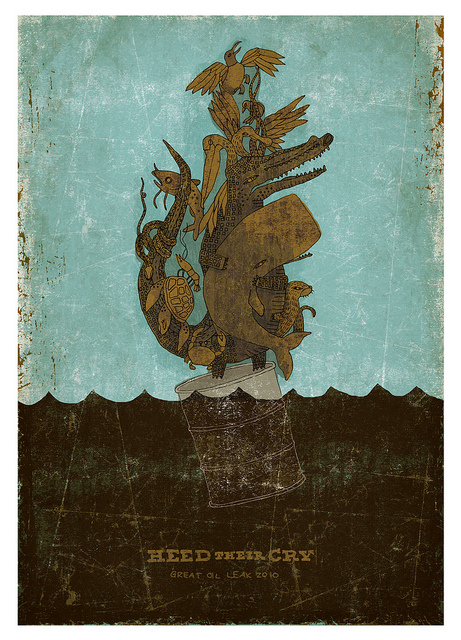
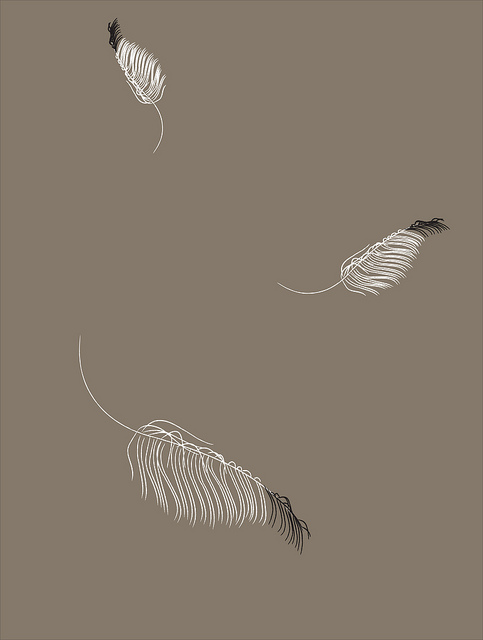
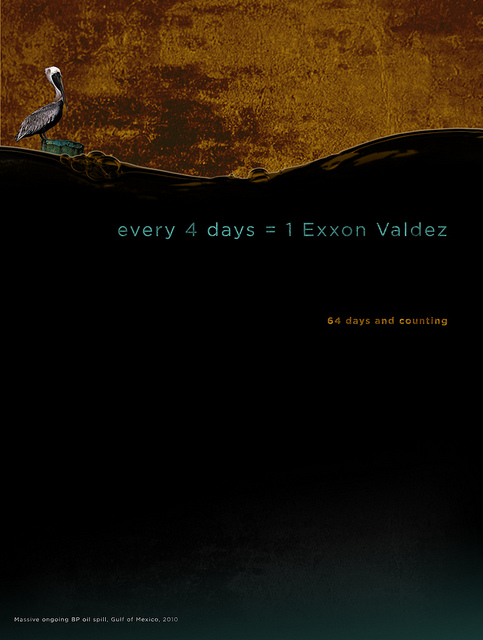
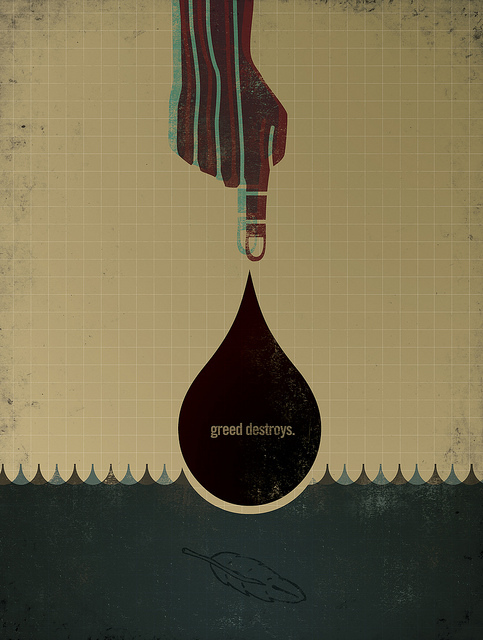
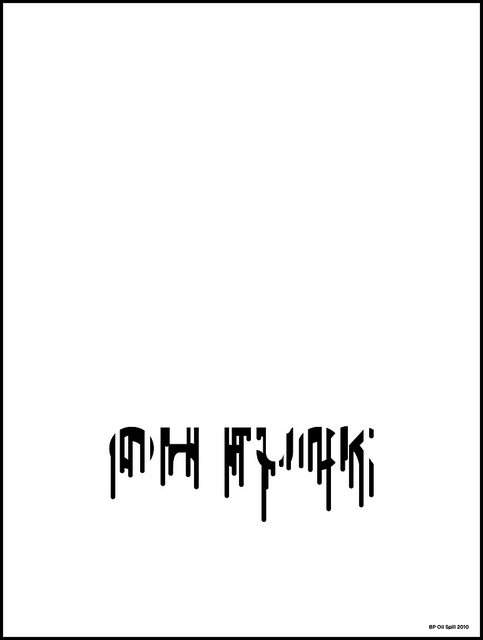
 PBS newsmagazine
PBS newsmagazine